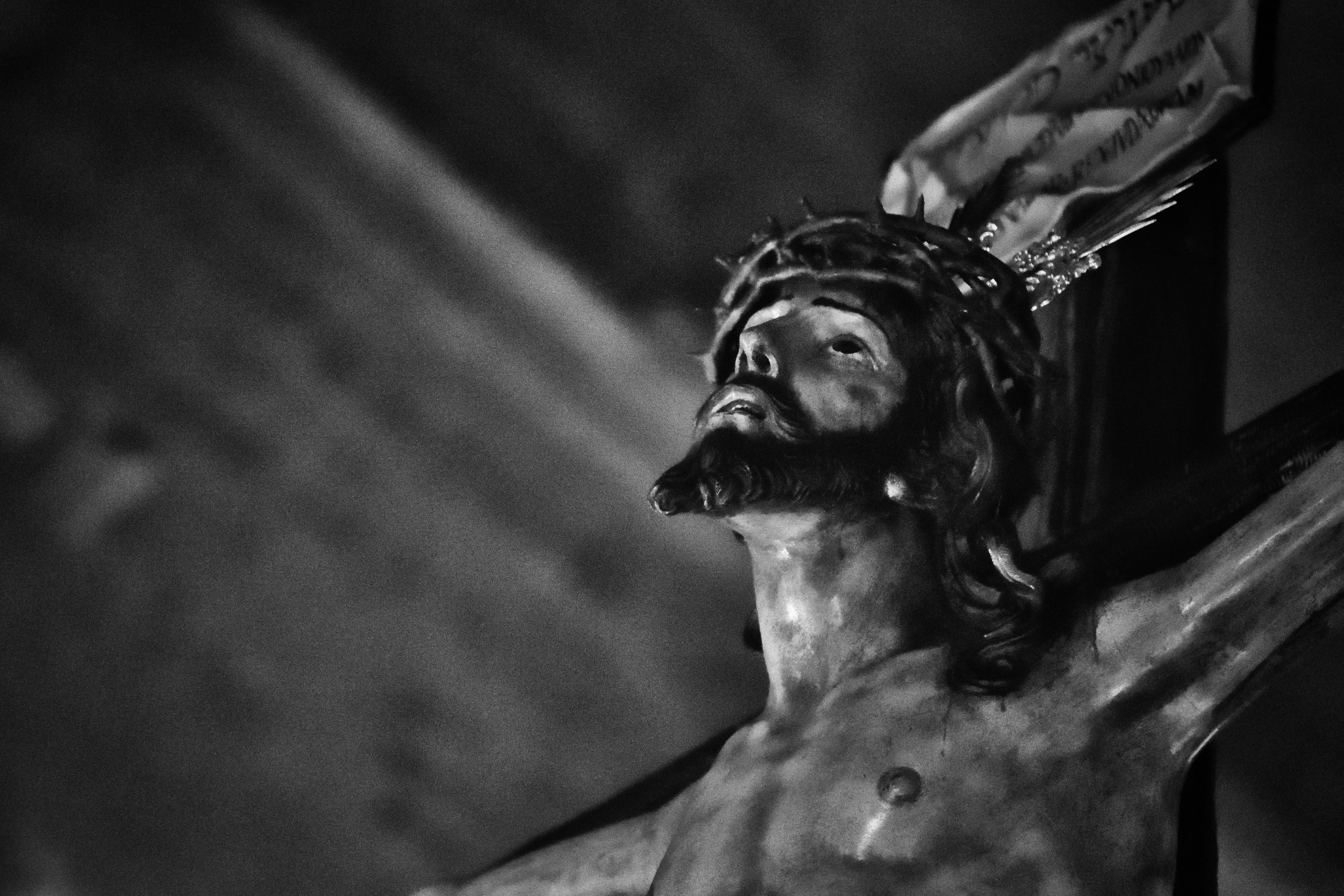As I sit down to write this reflection, my daughter-in-law is in labor! Like the servant in the passage from today’s First Reading, our grandson is known by God, even in the womb of his mother. The same God who brought this little boy into being at the moment of his conception has a unique purpose and plan for his life. Praise God!
And our loving Father has a plan for each one of us as well. We mustn’t doubt it.
Often, we are tempted to judge the worth of our lives by very different standards than the standard God has for us. Like the servant in this passage from Isaiah, we often toil and strain and feel as though we have spent all of our strength, just to experience defeat, loss, or rejection. We wonder what purpose our life has and doubt whether we are making a difference.
We can and will make a difference if we follow the example of Christ, the ultimate servant of God, whose faithfulness is prefigured in today’s First Reading.
First, we need to be in tune with what God the Father wants for us every day. The goal is to do His will. Jesus spent time in prayer, communing with the Father and strengthening Himself to do the Father’s will. If we are doing what seems good to us, but not really submitting ourselves to God, we might experience worldly success, but eventually we will realize how shallow that kind of success is. It may even be dangerous to our souls.
The second way we must imitate Christ is by faithfulness and perseverance. For many years, Jesus worked, lived, and suffered just like any person of His day before radically pouring Himself out in public ministry. Finally, our Savior gave every drop of his blood to do the Father’s will and, as He hung naked on the cross, all of His effort, His entire life, appeared to be in vain.
In our own ways, we too experience “failure,” as we strive to live as authentic Catholic Christians. Seeking to do God’s will, we may try to start a business, write a book, or enter religious life. Years of effort and sacrifice may pass with little or no positive results. Think of the couple who loses a child. Or a parent who raises his or her children in the faith, just to see them reject a relationship with God. These “failures” can make us feel that all of our effort to radically follow God’s will is pointless.
We can’t always see what God is doing, but He is always working marvelously for those who are faithful. When Jesus Christ rose from the dead on Easter Sunday, He brought about the greatest come-back victory of all time!
We must believe that if our priorities are in order, and we are constantly seeking to do God’s will, our Easter Sunday will come. We will rejoice with an endless joy when we realize what God has done in and though us. In the words of St. Catherine of Siena, “Be who God meant you to be and you will set the world on fire.”
 Christine Hanus is a thwarted idealist who, nevertheless, lives quite happily in Upstate NY. She is a wife and mother of five grown children.
Christine Hanus is a thwarted idealist who, nevertheless, lives quite happily in Upstate NY. She is a wife and mother of five grown children.
Feature Image Credit: Christian Bowen, https://unsplash.com/photos/I0ItPtIsVEE

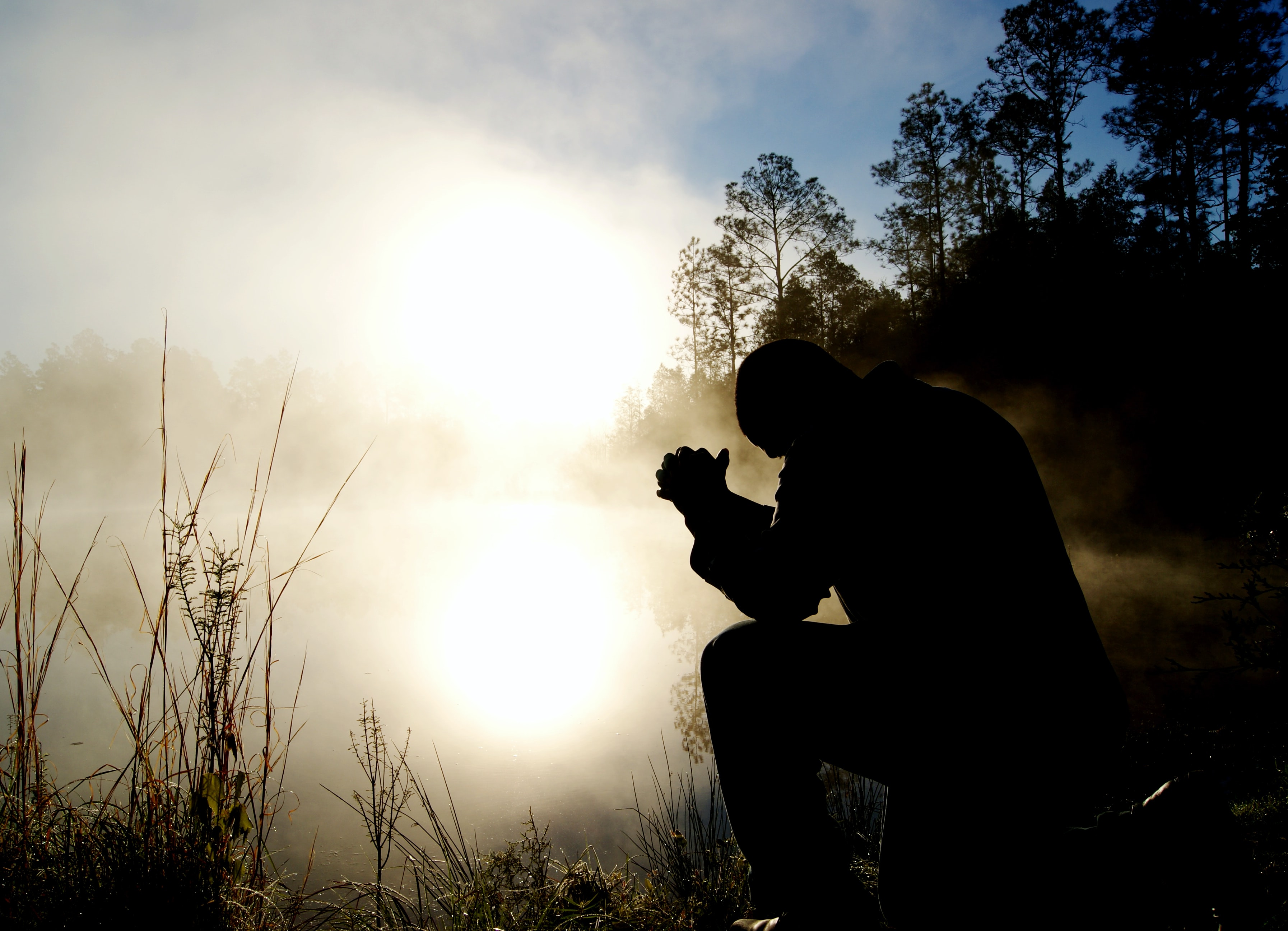

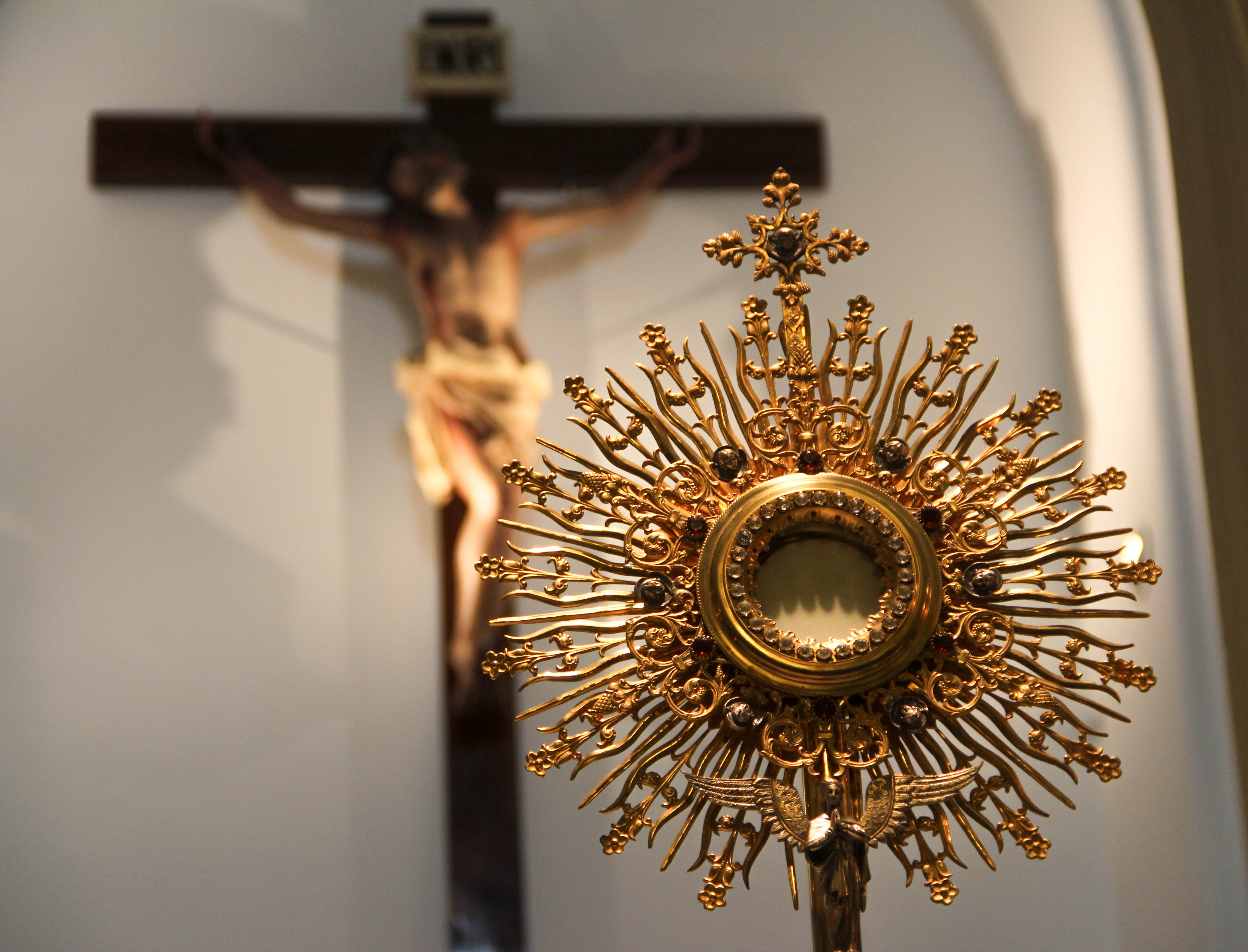
 Susan Ciancio has a BA in psychology and a BA in sociology from the University of Notre Dame, with an MA in liberal studies from Indiana University. For the past 17 years, she has worked as a professional editor and writer, editing both fiction and nonfiction books, magazine articles, blogs, educational lessons, professional materials and website content. Eleven of those years have been in the pro-life sector. Currently Susan freelances and writes weekly for HLI, edits for American Life League, and is the editor of Celebrate Life Magazine. She also serves as executive editor for the Culture of Life Studies Program-an educational nonprofit program for K-12 students.
Susan Ciancio has a BA in psychology and a BA in sociology from the University of Notre Dame, with an MA in liberal studies from Indiana University. For the past 17 years, she has worked as a professional editor and writer, editing both fiction and nonfiction books, magazine articles, blogs, educational lessons, professional materials and website content. Eleven of those years have been in the pro-life sector. Currently Susan freelances and writes weekly for HLI, edits for American Life League, and is the editor of Celebrate Life Magazine. She also serves as executive editor for the Culture of Life Studies Program-an educational nonprofit program for K-12 students.
 Tami Urcia grew up in Western Michigan, a middle child in a large Catholic family. She spent early young adulthood as a missionary in Mexico, studying theology and philosophy, then worked and traveled extensively before finishing her Bachelor’s Degree in Western Kentucky. She loves tackling projects, finding fun ways to keep her little ones occupied, quiet conversation with the hubby and finding unique ways to love. She works at her parish, is a guest blogger on
Tami Urcia grew up in Western Michigan, a middle child in a large Catholic family. She spent early young adulthood as a missionary in Mexico, studying theology and philosophy, then worked and traveled extensively before finishing her Bachelor’s Degree in Western Kentucky. She loves tackling projects, finding fun ways to keep her little ones occupied, quiet conversation with the hubby and finding unique ways to love. She works at her parish, is a guest blogger on 

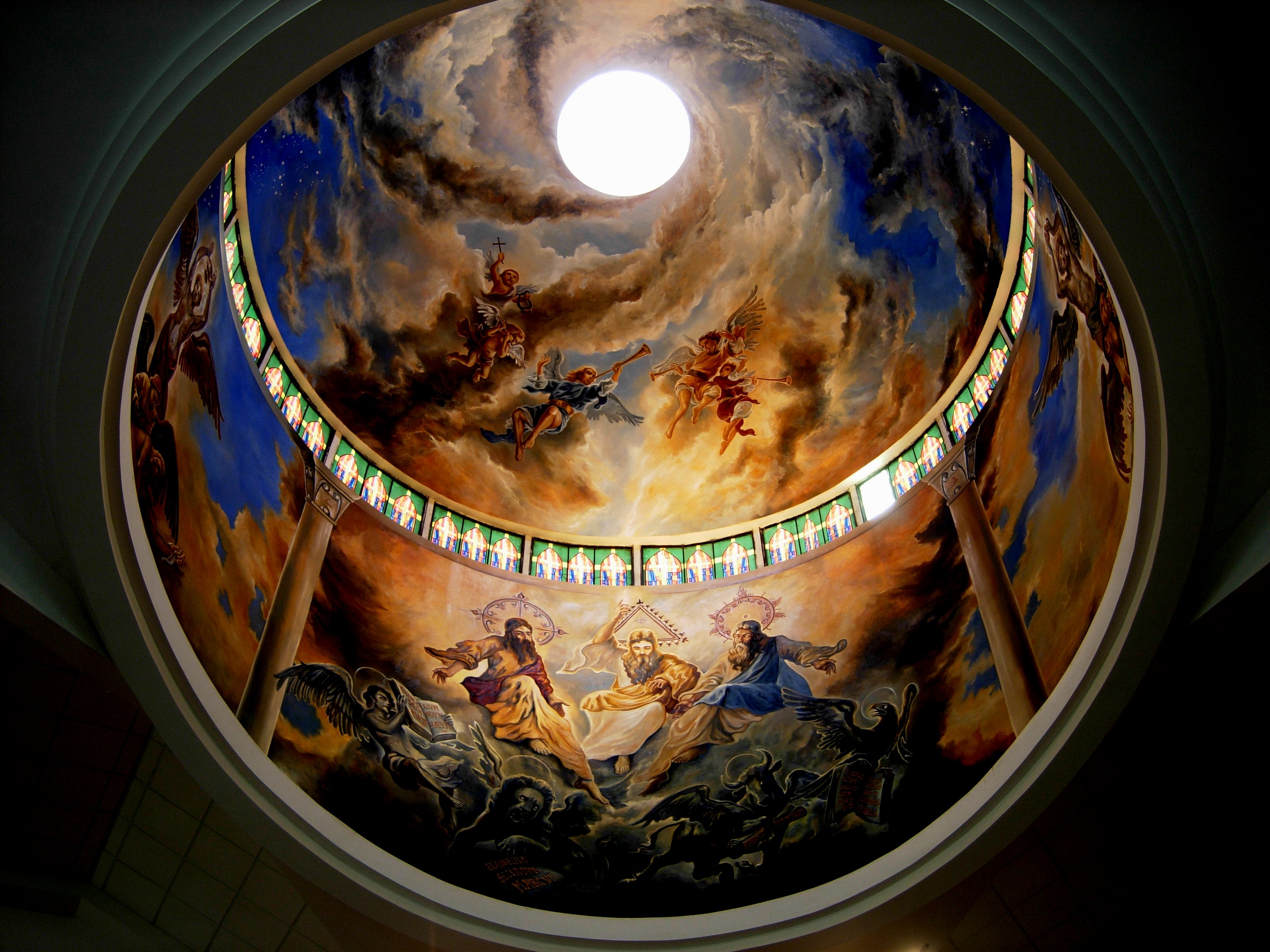
 Kathryn Mulderink, MA, is married to Robert, Station Manager for Holy Family Radio. Together they have seven children (including Father Rob), and four grandchildren. She is President of the local community of Secular Discalced Carmelites and has published five books and many articles. Over the last 30 years, she has worked as a teacher, headmistress, catechist, Pastoral Associate, and DRE, and as a writer and voice talent for Catholic Radio. Currently, she serves the Church by writing and speaking, and by collaborating with various parishes and to lead others to encounter Christ and engage their faith. Her website is
Kathryn Mulderink, MA, is married to Robert, Station Manager for Holy Family Radio. Together they have seven children (including Father Rob), and four grandchildren. She is President of the local community of Secular Discalced Carmelites and has published five books and many articles. Over the last 30 years, she has worked as a teacher, headmistress, catechist, Pastoral Associate, and DRE, and as a writer and voice talent for Catholic Radio. Currently, she serves the Church by writing and speaking, and by collaborating with various parishes and to lead others to encounter Christ and engage their faith. Her website is 

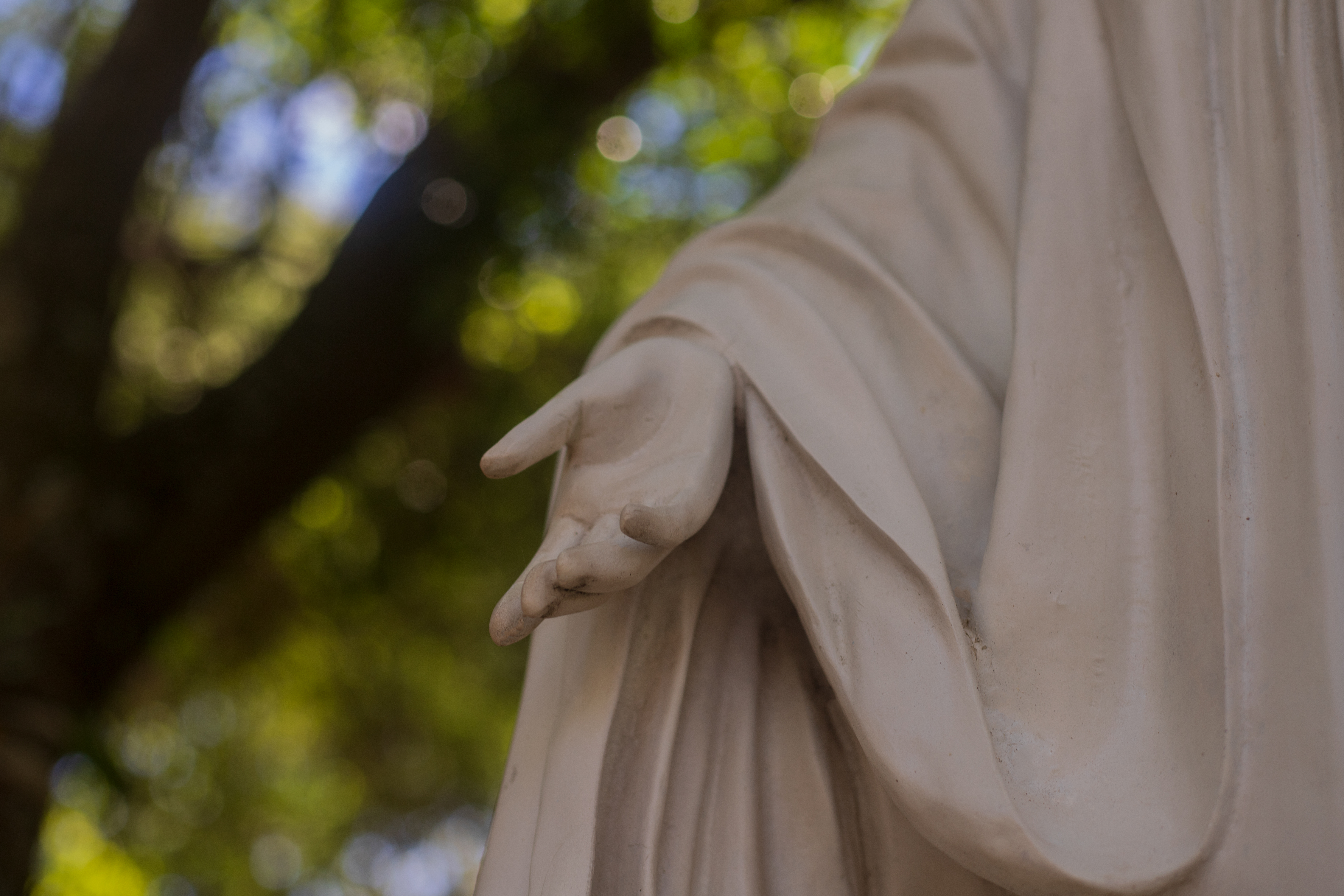
 Merridith Frediani loves words and is delighted by good sentences. She also loves Lake Michigan, dahlias, the first sip of hot coffee in the morning, millennials, and playing Sheepshead with her husband and three kids. She writes for Catholic Mom, Diocesan.com, and her local Catholic Herald. Her first book Draw Close to Jesus: A Woman’s Guide to Adoration is available at Our Sunday Visitor and Amazon. You can learn more at
Merridith Frediani loves words and is delighted by good sentences. She also loves Lake Michigan, dahlias, the first sip of hot coffee in the morning, millennials, and playing Sheepshead with her husband and three kids. She writes for Catholic Mom, Diocesan.com, and her local Catholic Herald. Her first book Draw Close to Jesus: A Woman’s Guide to Adoration is available at Our Sunday Visitor and Amazon. You can learn more at 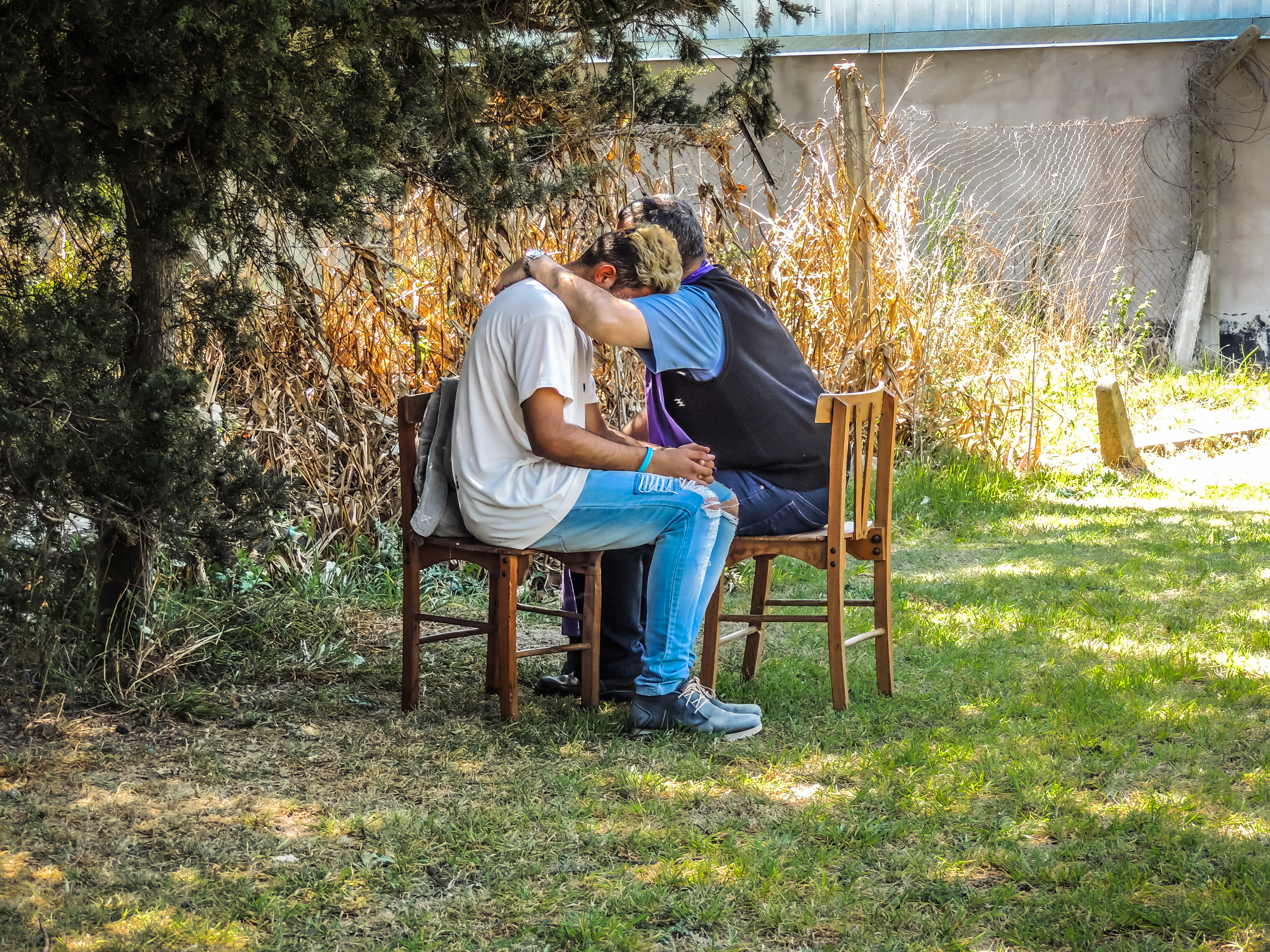
 Dr. Alexis Dallara-Marsh is a board-certified neurologist who practices in Bergen County, NJ. She is a wife to her best friend, Akeem, and a mother of two little ones on Earth and two others in heaven above.
Dr. Alexis Dallara-Marsh is a board-certified neurologist who practices in Bergen County, NJ. She is a wife to her best friend, Akeem, and a mother of two little ones on Earth and two others in heaven above.
